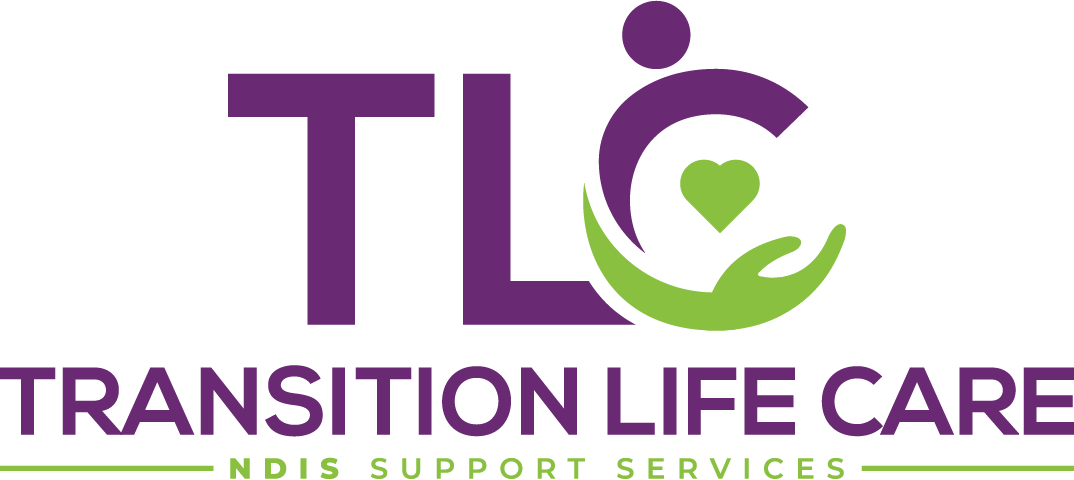We often extend a kind of gentleness to others. We say, “Take your time.” We offer patience to pain, softness to shame, and kindness to fear. We remind people they are not broken, that they’re doing their best, and that it’s okay to be where they are.
But how often do we offer ourselves the same compassion?
Self-compassion is not self-pity; it’s not indulgent, and it’s certainly not weakness. As Dr. Kristin Neff—a pioneering researcher on self-compassion—writes:
“With self-compassion, we give ourselves the same kindness and care we’d give to a good friend.”
That’s it. No perfection. No prerequisites. Just the quiet, radical act of not turning away from ourselves in our most challenging moments.
Why It Matters
When we’re caught in shame, overwhelm, or exhaustion, many of us default to self-criticism. We tell ourselves to get it together, push through, and do better. But research is clear: self-judgment doesn’t make us stronger. It makes us more anxious, more afraid, and keeps us stuck in pain.
By contrast, self-compassion has been shown to:
-
Increase resilience and emotional well-being
-
Support healthier motivation and coping strategies
-
Improve relationships with ourselves and others
It doesn’t mean avoiding accountability. It means holding ourselves with the same tenderness we offer others:
“This is hard, and I’m still worthy of care.”
At Transition Life Care, we carry this philosophy into our work—offering compassionate, person-centred support to individuals navigating disability, trauma, and healing.
What It Sounds Like
Dr. Tara Brach, a teacher of mindfulness and compassion, calls this Radical Acceptance—turning toward ourselves with presence, not punishment.
“The curious paradox is that when I accept myself just as I am, then I can change.” — Carl Rogers
Self-compassion might sound like:
-
“I’m allowed to feel this.”
-
“I don’t have to get it perfect.”
-
“It’s okay to rest.”
-
“I’m doing the best I can.”
Sometimes, it’s not words at all. It’s a breath. A pause. A hand to the heart. A moment of saying, “I’m here.”
These practices are especially vital for those navigating psychosocial disability, trauma, or neurodivergence, where inner criticism is often rooted in survival responses or social conditioning.
For All of Us
Self-compassion is universally healing—whether you’re a person, patient, parent, professional, friend, or stranger. If you care, feel deeply, or offer empathy to others—this is for you.
Because we all do it: we show up for others with tenderness and turn inward with pressure. We soothe someone else’s pain while ignoring our own. We carry grace in our hands and criticism in our hearts.
But you are not an exception to the compassion you offer.
You don’t have to earn it. You don’t have to get everything right. You are allowed to need the same gentleness you give so freely.
The Roots of Resistance
Many of us were never taught self-compassion—not because our caregivers didn’t love us, but because they, too, lacked the tools, safety, or language to extend that gentleness to themselves.
They were doing the best they could in systems that rewarded self-sacrifice over softness, and survival over self-care. Without models of self-kindness, we grew up believing we had to earn rest, prove our worth, or push through pain without pause.
So if self-compassion feels difficult now, that’s not a personal failing—it’s an inheritance you’re unlearning. And unlearning takes time.
This is something we honour deeply at Transition Life Care, where we support people to feel safe in their own stories and begin healing in ways that make sense for them.
A Small Practice
When things feel heavy, try this self-compassion break by Dr. Kristin Neff:
-
Mindfulness – Acknowledge what you’re feeling, without judgment:
“This is hard right now.” -
Common humanity – Remind yourself:
“Struggling is part of being human. I’m not alone.” -
Self-kindness – Offer gentle words:
“May I be kind to myself. May I give myself what I need.”
It won’t erase the pain—but it can soften it.
Self-Compassion Isn’t a Destination
Self-compassion isn’t something you master. It’s something you return to. Again, and again. Some days it’s a whisper. Other days it’s a breath. Other days, it’s simply choosing not to abandon yourself.
And if you forget—that’s okay too. That’s part of the practice.
Because no matter what your inner critic says:
-
You are not too much.
-
You are not falling short.
-
You are not alone.
You are walking the path of being human—and that is always enough.
Learn More or Connect with Us
At Transition Life Care, we support people through personalised, trauma-informed care across the Gold Coast and Tweed regions. Whether you’re navigating psychosocial recovery, emotional wellbeing, or simply seeking a safe space to be heard, we’re here to walk alongside you.
Explore our full range of supports or get in touch to begin a conversation grounded in respect, dignity, and care.




